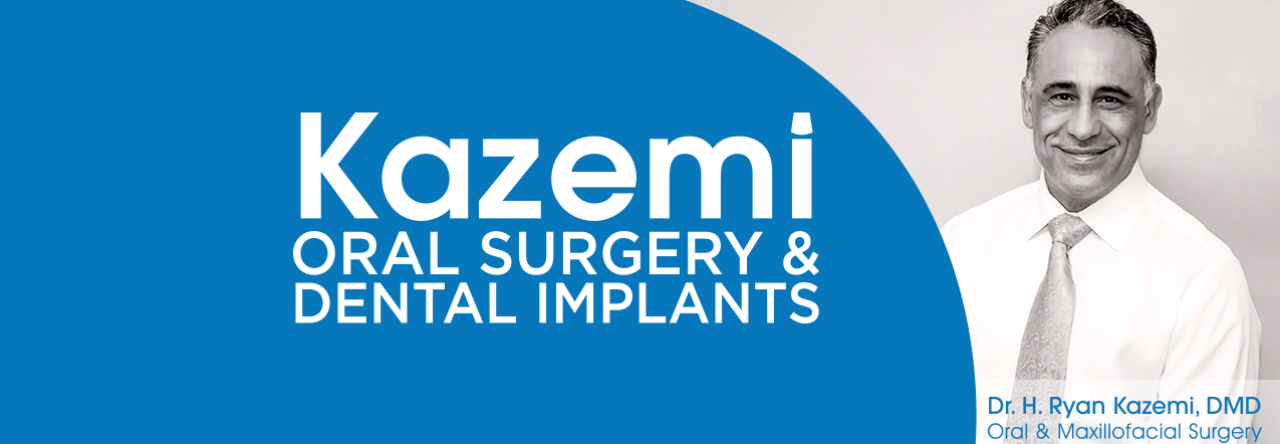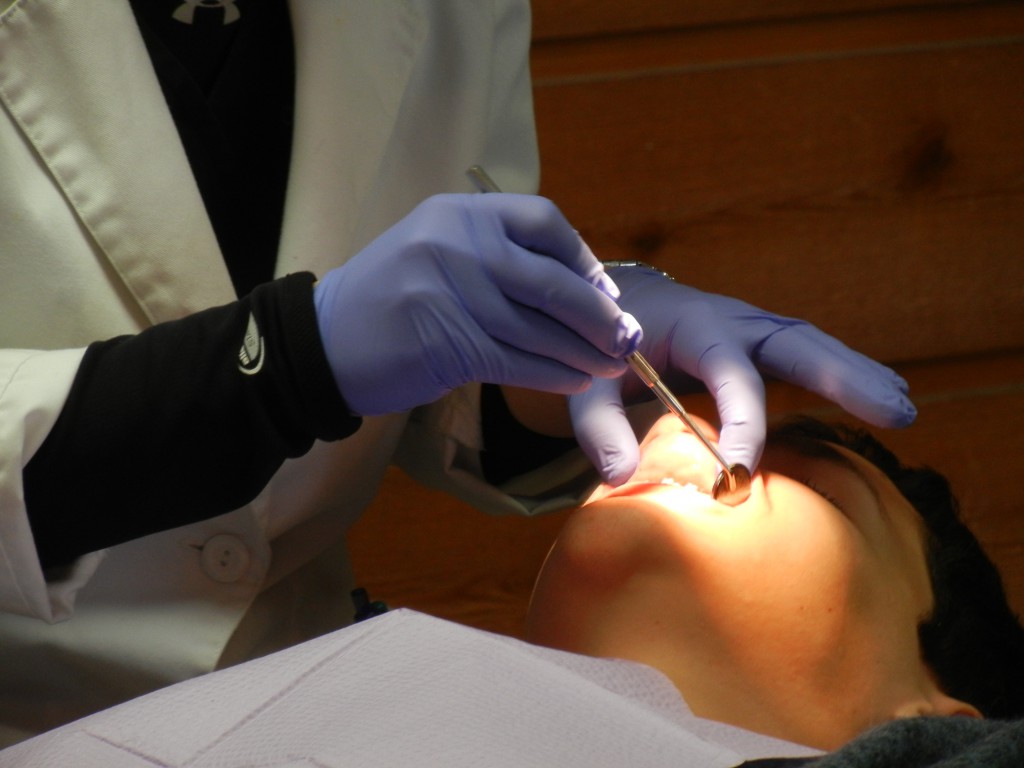The removal of your wisdom teeth is a standard preventative practice performed regularly across the U.S. This procedure, regardless of its regular application, has been the subject of major debate for the last few decades. A recent statement issued by the American Association of Oral and Maxillofacial Surgeons recognizes this debate, while serving as a response to critics.
Wisdom teeth undoubtedly have the potential to be problematic; leaving them untouched can lead to cysts, gum disease, tumors, infections, and pain, among other ailments. Wisdom teeth need to be removed, because the average human jaw is simply too small to comfortably accommodate the third set of molars. These teeth are technically third molars, and are the last four to emerge, usually between the ages of 17 and 25. Not all individuals grow all four wisdom teeth, and some people are fortunate enough not to grow any. If your wisdom teeth demonstrate any type of ailments, they are diseased and must be removed. This is absolutely unanimous, but the debate is about non-diseased teeth.
With regards to the removal of third molar teeth, the AAOMS states,
“Predicated on the best evidence-based data, third molar teeth that are associated with pathology, or are at high risk of developing pathology, should be surgically managed. In the absence of pathology or significant risk of pathology, active clinical and radiographic surveillance is indicated.”
The threat of third molar teeth is very real, but some teeth are healthy; they can fully emerge and the individual may continue to clean and use their teeth normally. Some doctors also argue that while a tooth is non-diseased, doesn’t mean it’s healthy. Asymptomatic third molars can present larger health issues in the future if they are left unassessed. The longer wisdom teeth remain, the more difficult they are to extract in the future. Therefore, early extraction is a great safeguard.
However, as Dr. Jay Friedman notes in a 2007 journal article, of the third molars left in a patient’s mouth, “about 12 percent of third molars may eventually cause some problems.” If all wisdom teeth are removed, this means that, “80 percent of third molar extractions represents … functionally unnecessary or remunerative surgery.” Considering the cost of this invasive procedure, patients could be saving money, and recovery time. Surgery also comes with its own risks, which can also be avoided by the patient. Nonetheless, if you have third molar teeth coming in, your safest best is to have them examined by a professional medical practitioner, who will recommend the best option for your health.

